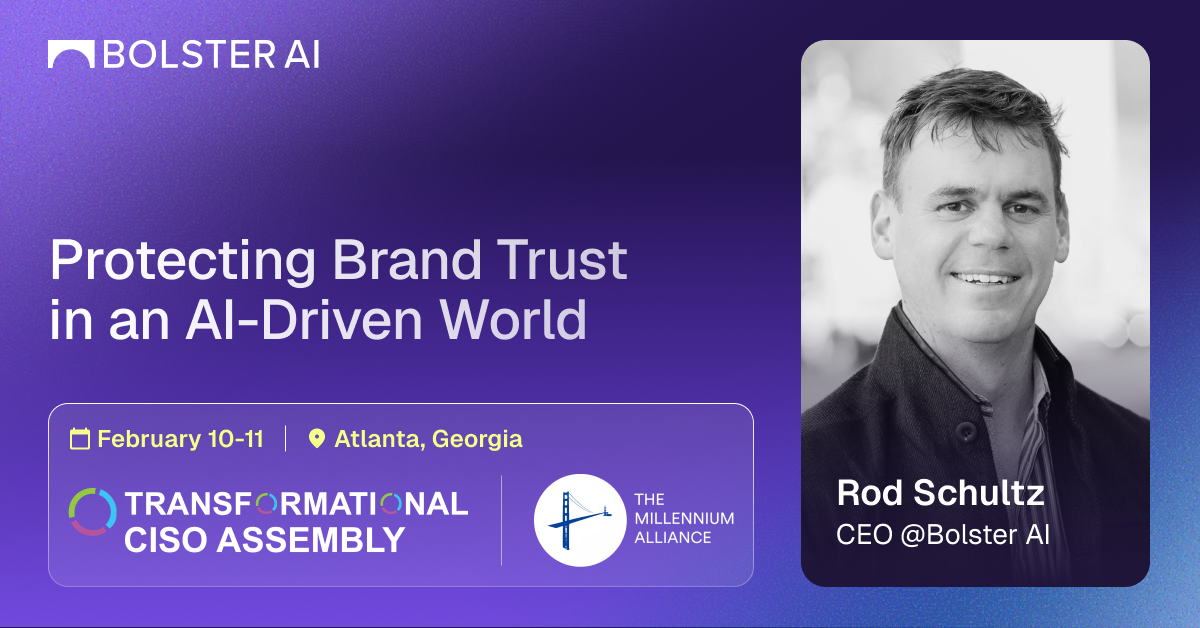FaceApp is a free smartphone app that uses AI technology to apply age-enhancing filters to users’ photos, but we’re sure that you’re already aware at this point. The viral app sparked an overnight craze on social media with celebrities Drake, The Jonas Brothers, Lebron James, Gordon Ramsey and countless others sharing their refined new looks.
Just as fast as the social trend caught on, the Russian-based tech firm that developed FaceApp began to face massive public scrutiny with concerns over data privacy. Widespread panic began to escalate once cybersecurity experts raised red flags over the Terms and Conditions of the app, namely the parts that require access to all photos and “perpetual, irrevocable, nonexclusive, royalty-free (and) worldwide” license to use your photos, name, and likeness. The collection of user data isn’t out-of-the-ordinary, but the public’s reaction to FaceApp’s policies speaks volumes to the growing distrust in tech companies Post-Snowden, WikiLeaks and Cambridge-Analytica.
The Washington Post reported that photos accessible to FaceApp were stored on ordinary, American-run servers and the company has no known ties to the Russian government. It’s also been revealed that most images are removed from their servers within 48 hours. Even so, the FTC and FBI have been called to further investigate and reduce the risk of data misuse.
“Nothing in life is free.”
On Twitter, Facebook, Instagram, or any website or app devoid of a pay-wall, you’re paying with a currency far more valuable than the dollar, your data. With cybersecurity and data privacy increasingly becoming a concern in the public eye, it’s important that cybersecurity experts acknowledge the fine-print. For those in the industry, these policies are somewhat commonplace, but the outcry that FaceApp recently created is proof of the disconnect between what users are willing to provide, and what they’re actually giving up.
Transformational CISO West
We’re thrilled that you’re interested in Transformational CISO West Coast in August 2019.
With the instances of cyber attacks increasing, businesses of all sizes are working tirelessly to secure their networks, devices, and data. Fortune 500 organizations are especially vulnerable as they have big data pools and thousands of people who need access. CISOs need to plan for worst-case scenarios, stay ahead of the latest IT Security transformation technology, and maintain their company’s information assets, all without losing sight of the corporate culture.
Are you interested in becoming a sponsor for this event? Click here today to learn more >>
Are you interested in attending this event? Inquire here today to find out if you qualify for Millennium Membership >>















